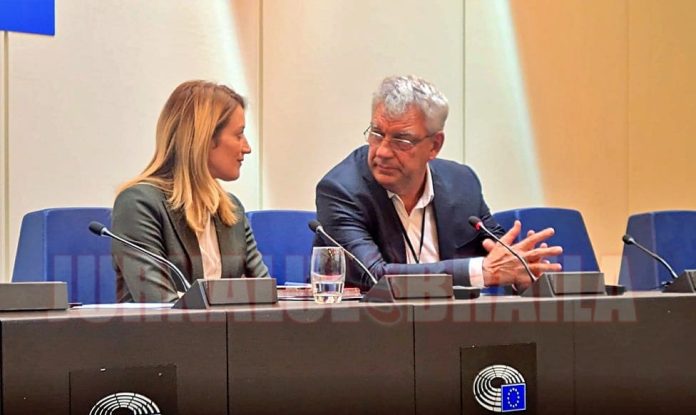The Franco-German group of experts, looking at the institutional reform of the EU in the perspective of enlargement, made public, on September 19, 2023, a set of recommendations, which were promptly welcomed by the governments of France and Germany.
The basic idea is generous: the preparation of the Union for the operation of more than thirty member states, in the perspective of 2030. The report is, however, compromised by the thesis of differentiated integration – a return to the background of the idea of Europe with several speeds.
The authors detail the four distinct levels of integration: the states of the euro area and the Schengen area would occupy the first level, then the rest of the member states would follow, after which would be the associated members and, at the last level, the other countries participating in the European political community.
The abusive and unjustified blocking of Romania’s accession to the Schengen area by Austria – under conditions in which all the EU institutions and the rest of the member countries support this accession – fully illustrates the absurdity of this discriminatory thesis in the report, which would only formalize the division of the Union into first-class states and second-class states.
I am revolted by the cynicism of such an approach contrary to the principles of equality and solidarity in the European treaties – I showed in the interpellation „An anti-European project: EU with more speeds”, addressed to the European Commission, on September 20, 2023.
Mihai Tudose, PSD MEP, member of the S&D Group
https://www.socialistsanddemocrats.eu





